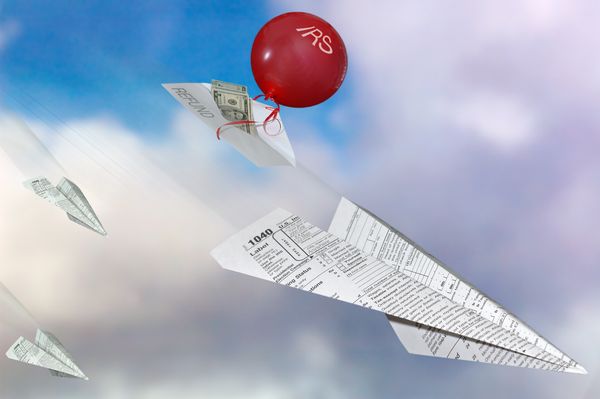
Do you have to pay income tax on the stuff you sell on eBay? The answer is yes — depending on how you ask the question.
If you ask, "Am I legally obligated to pay income tax if I make money selling things on eBay?" the answer is an unequivocal yes. IRS Fact Sheet #FS-2007-23, "Reporting Auction Income and the Tax Gap," states, "all income from auctions, traditional or online, and consignment sales is generally taxable." (There are exceptions — occasional garage or yard sales don't have to be reported.) However, the IRS goes on to qualify that by stating, "Some people sell a product or service online as a hobby. This income generally must be reported" [source: IRS].
Advertisement
The IRS tries to make a clear distinction between individuals who sell on eBay only occasionally and hobbyists who sell on eBay more regularly. There is some gray area between the two, depending on how far you want to try and stretch the concept of an "occasional" seller. In some states or cities, eBay must collect internet sales tax from buyers and will list that amount on the Seller Hub Order details page. You don't need to do anything further.
However, if you’ve sold at least $20,000 in gross merchandise value and exceeded 200 transactions for goods and services on eBay, you'll get a tax form 1099-K for your transactions and will need to report this income to the IRS. Any time you receive a 1099 tax form, you must report that income to the IRS as they already have a record of it from the company you received funds from. EBay has more information on its tax page.
A provision in the 2021 American Rescue Plan Act had lowered the threshold for reporting from $20,000 to $600 starting in 2022. However, a one-year delay was announced to help ease the transition. "As a result, for tax year 2022 [2023], only eBay sellers who: 1) exceed the reporting threshold of $20,000 and 200 transactions, 2) had backup withholding applied in 2022, or 3) are residents of states that have a lower reporting threshold will receive a Form 1099-K," says the eBay website.
As of this point, it appears that the change to $600 will happen next year. However, eBay adds that it will "continue to advocate for Congress to enact a permanent solution to reduce confusion and prevent burdensome and unnecessary reporting requirements in the future."
Advertisement

